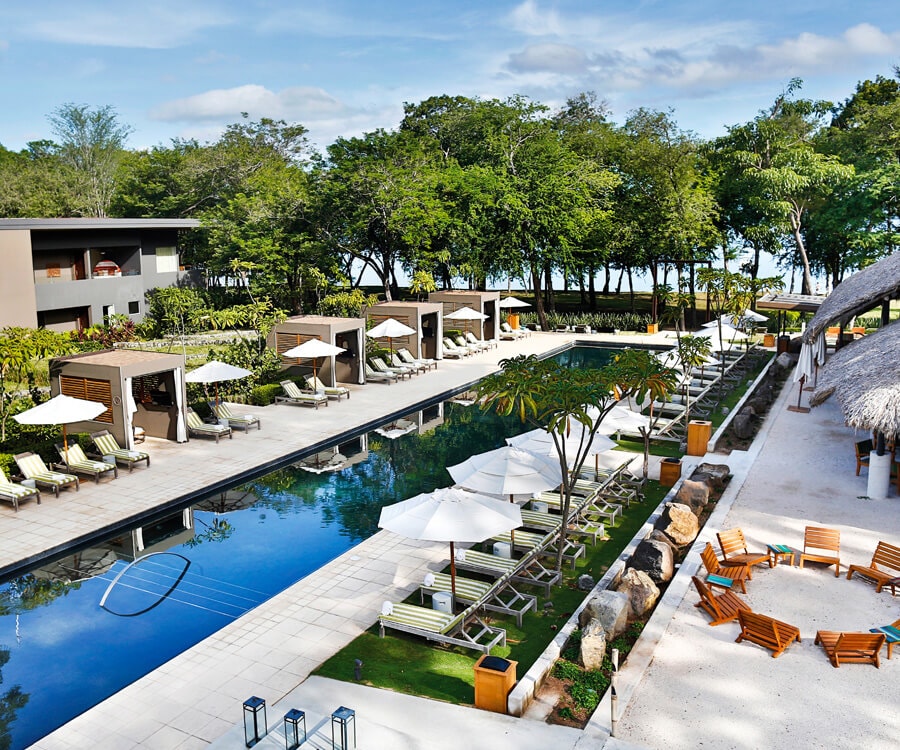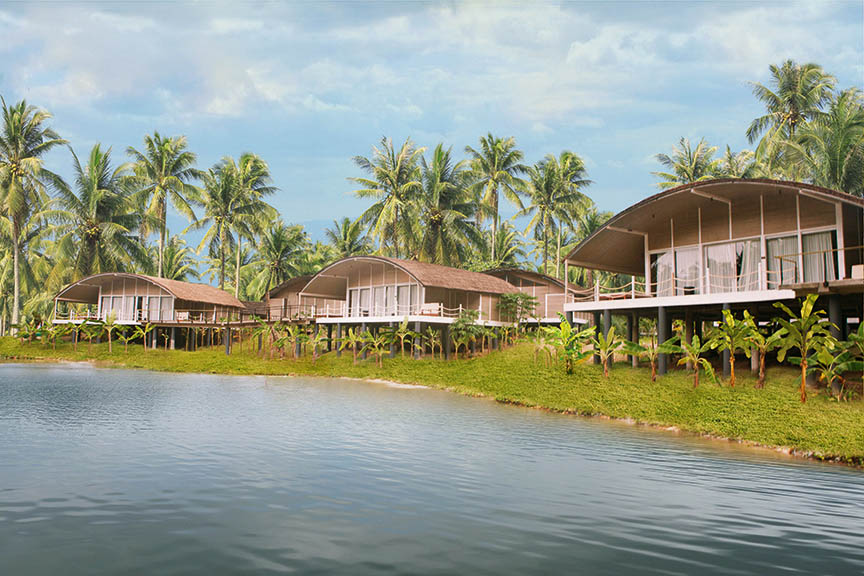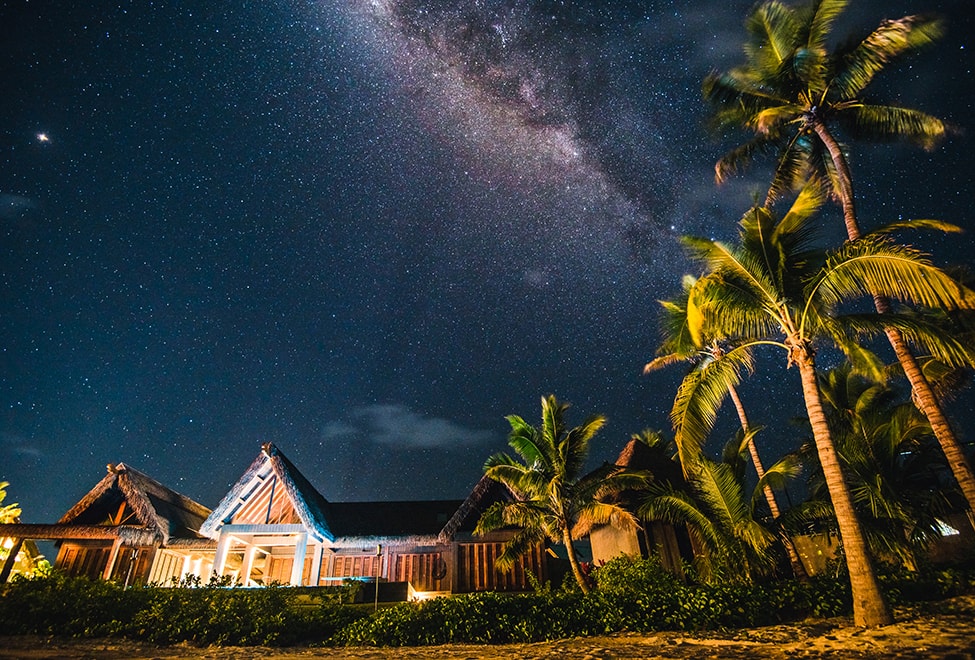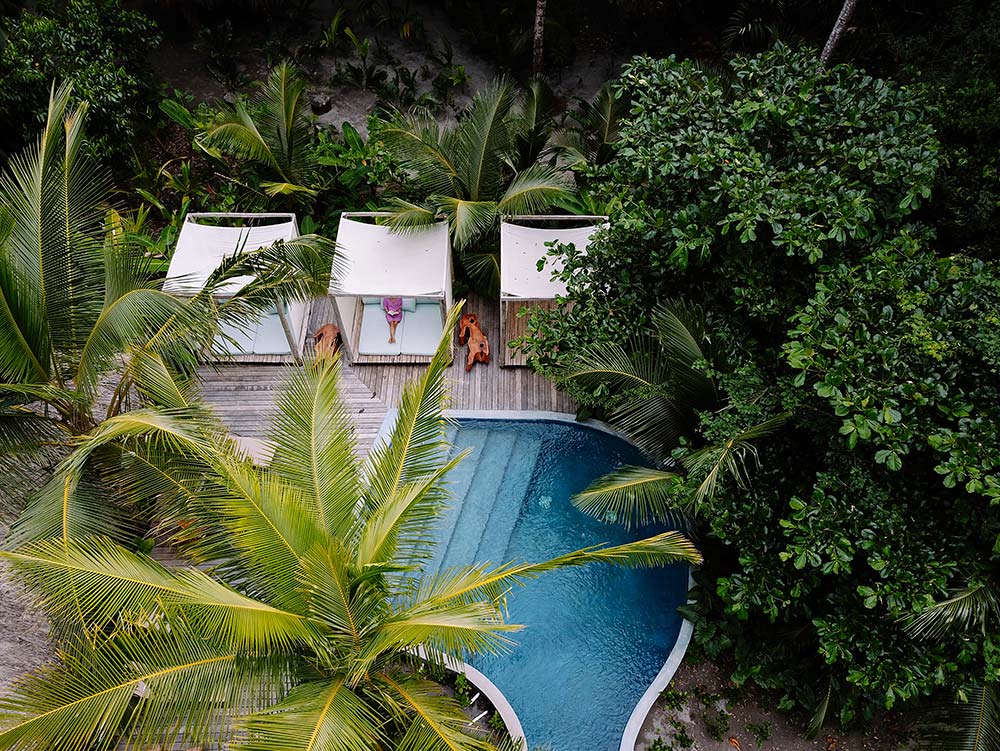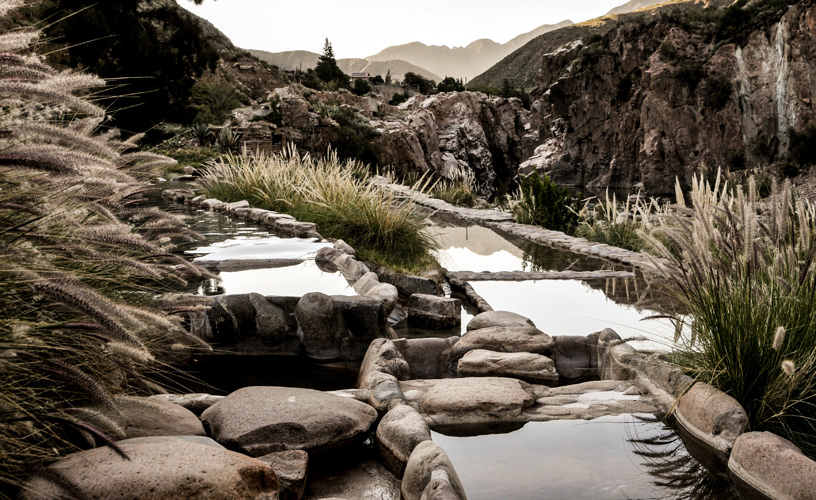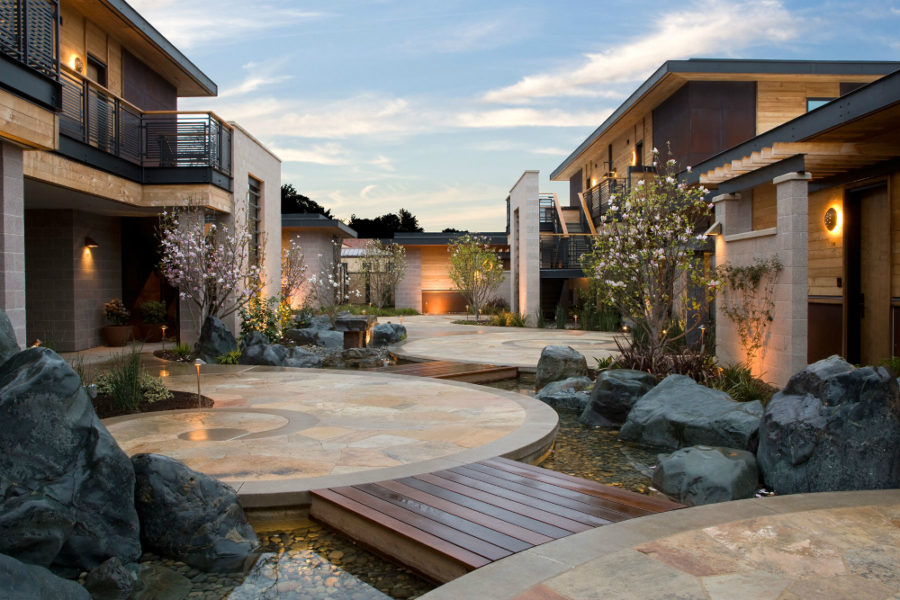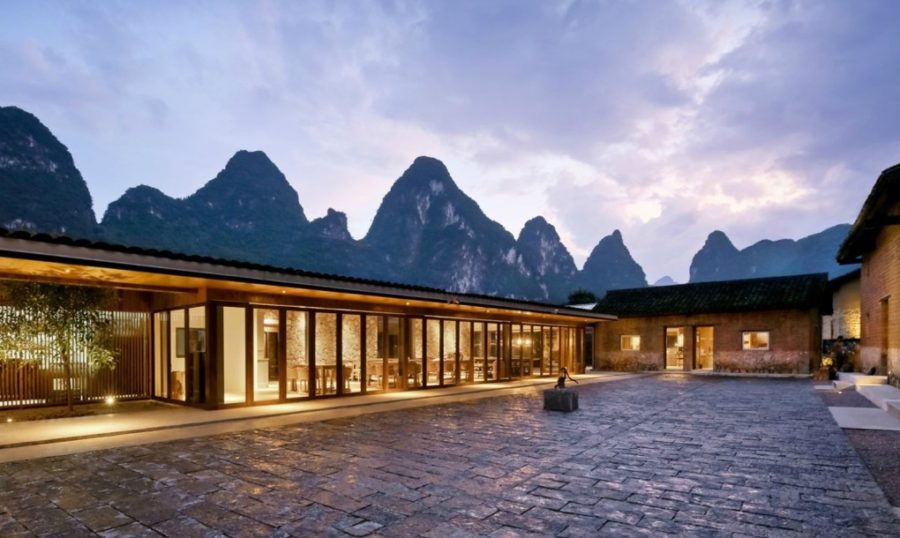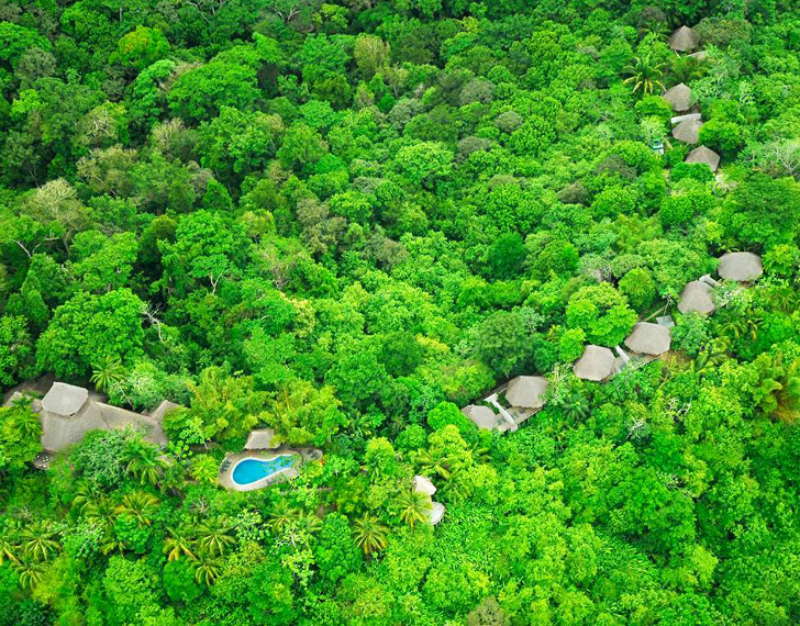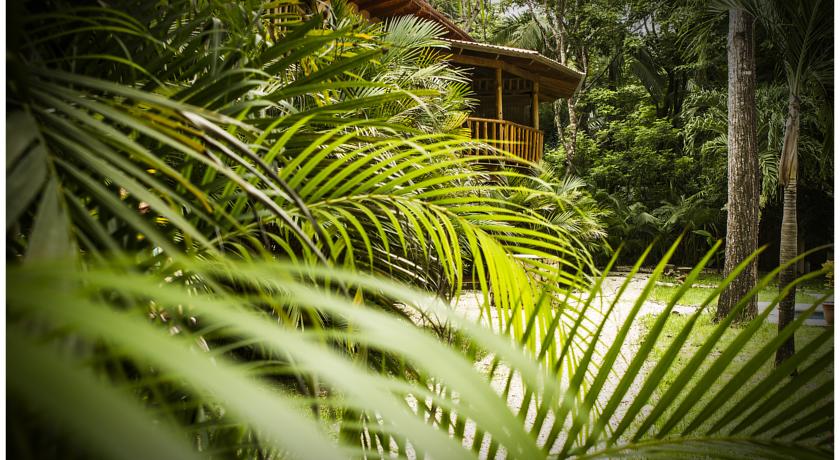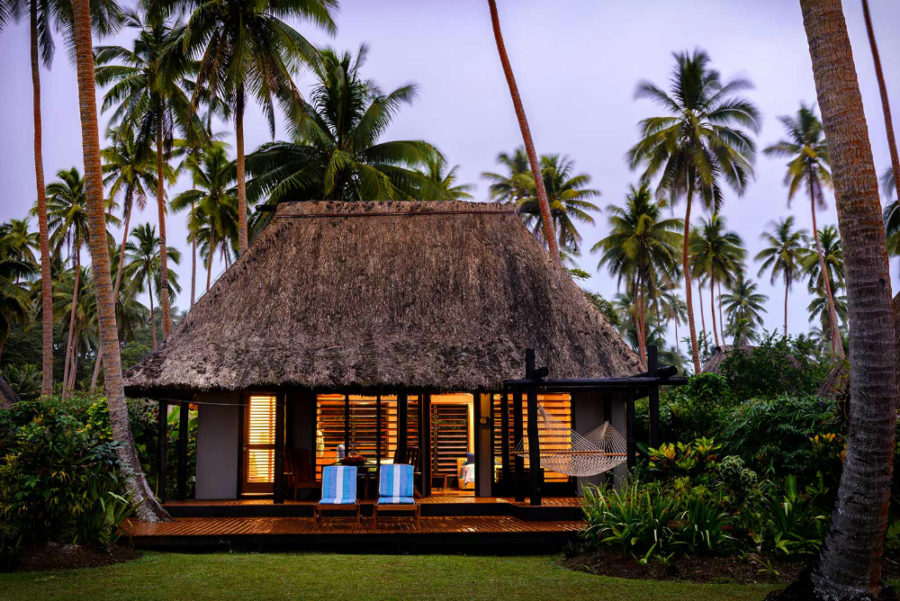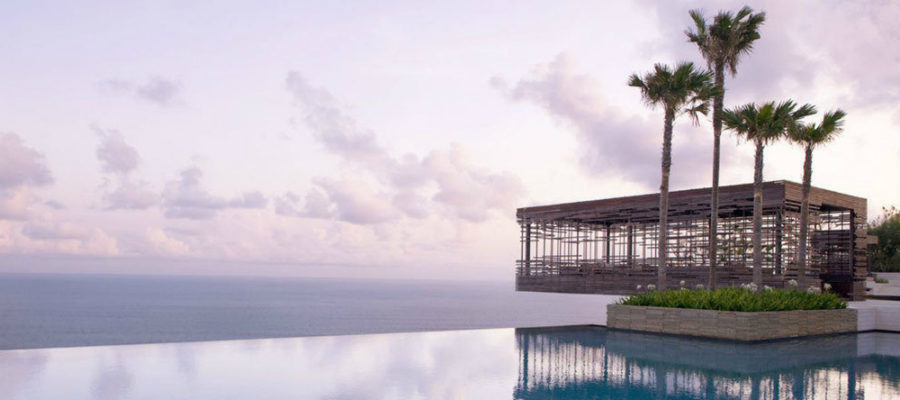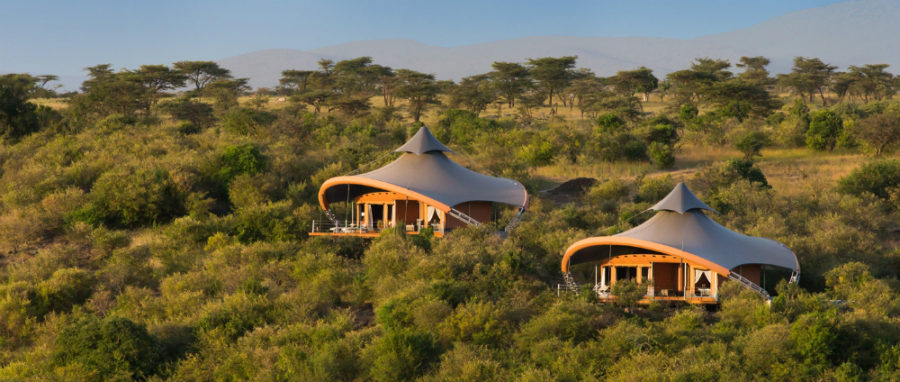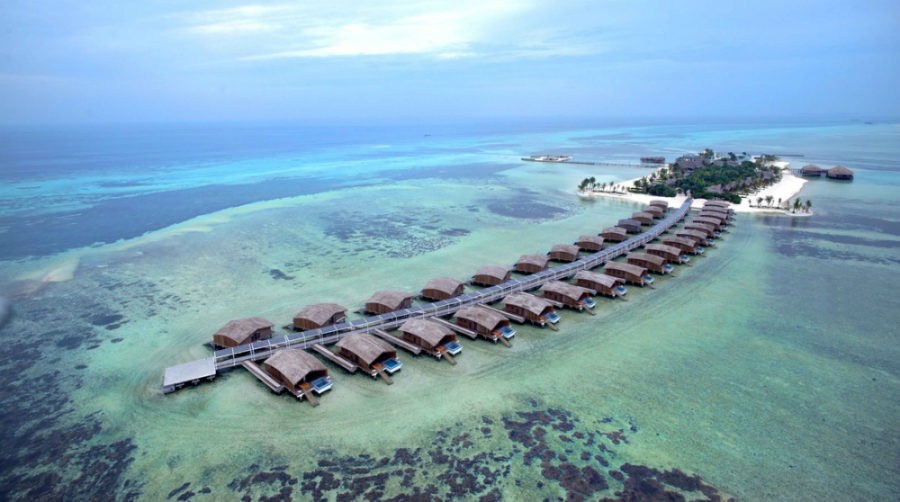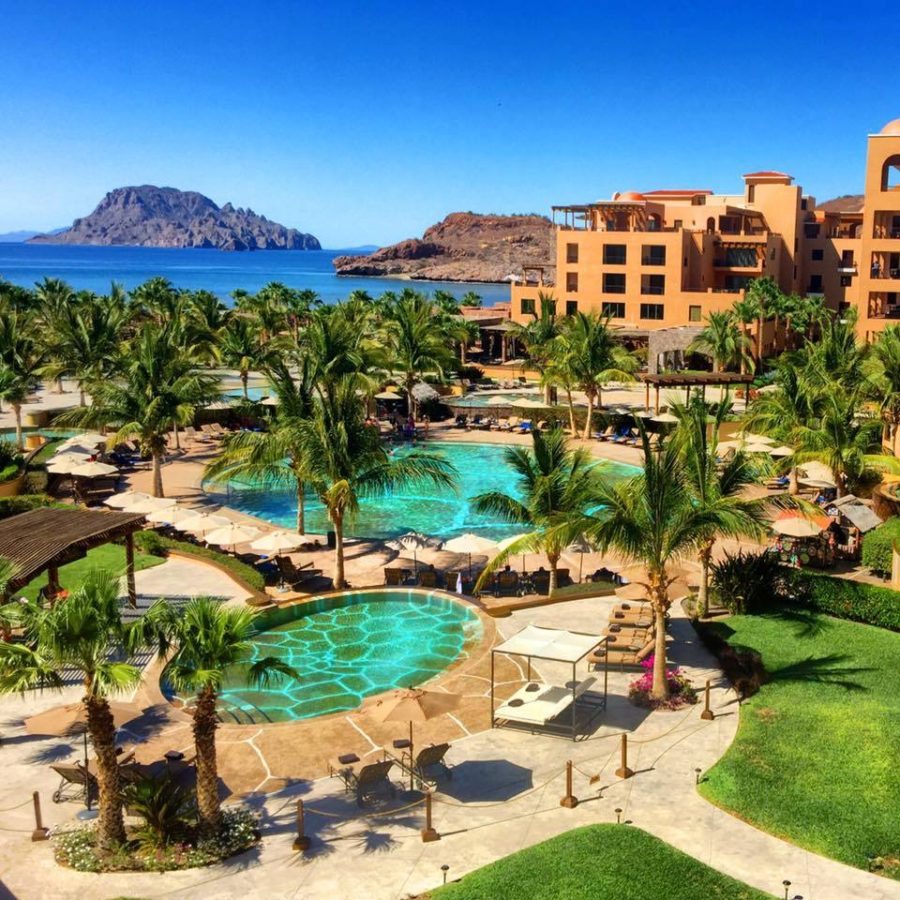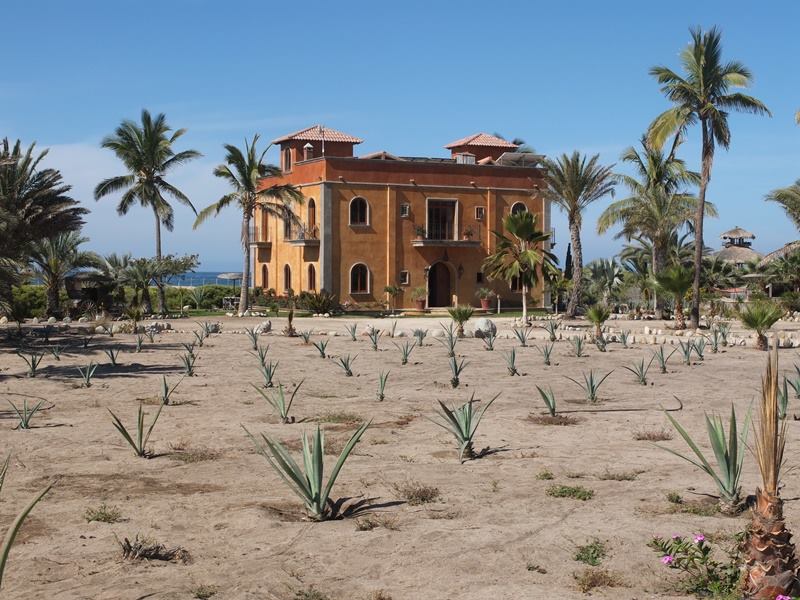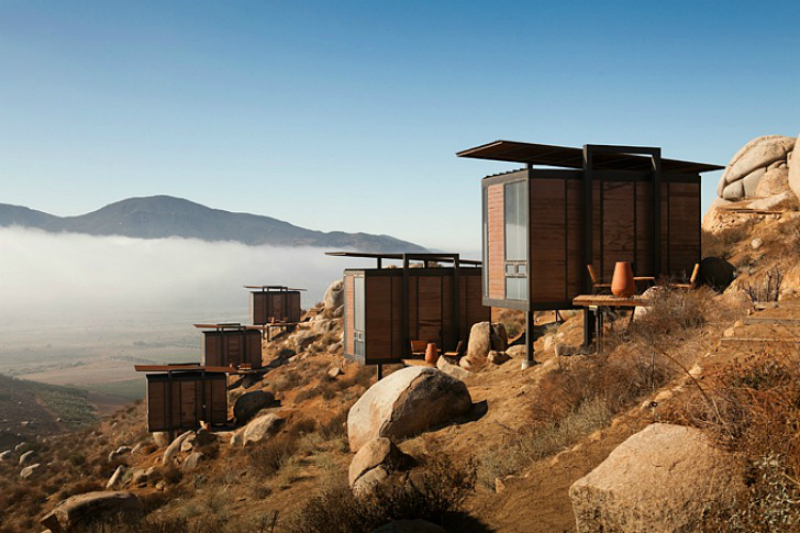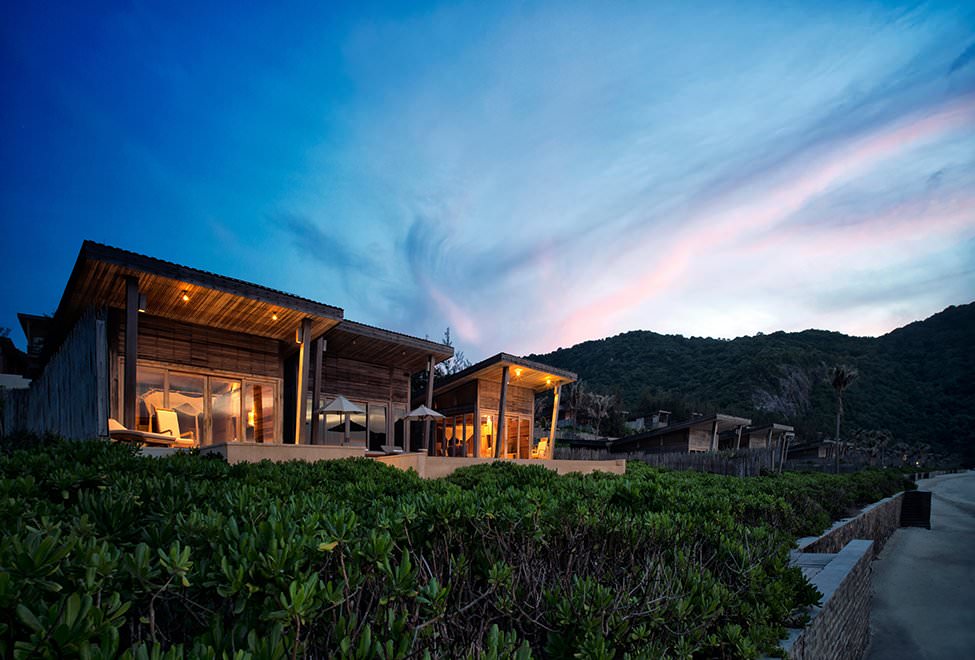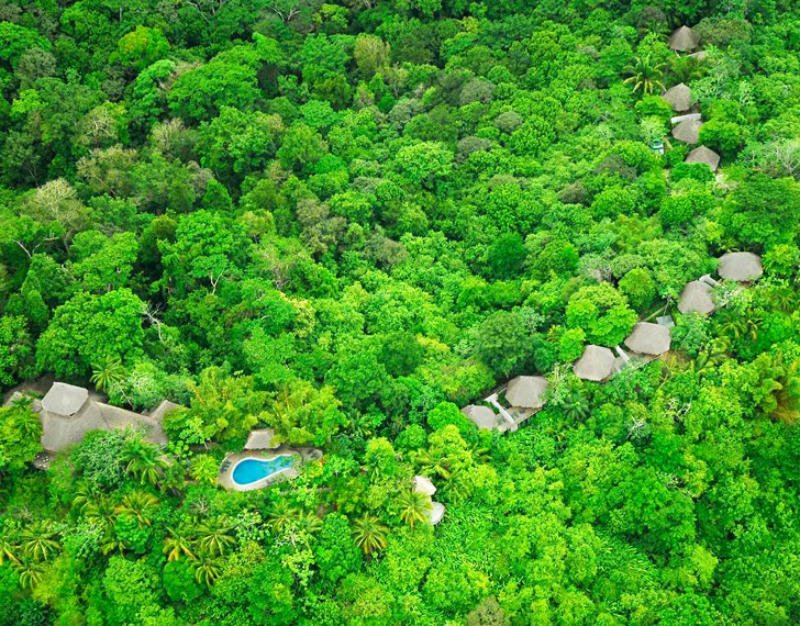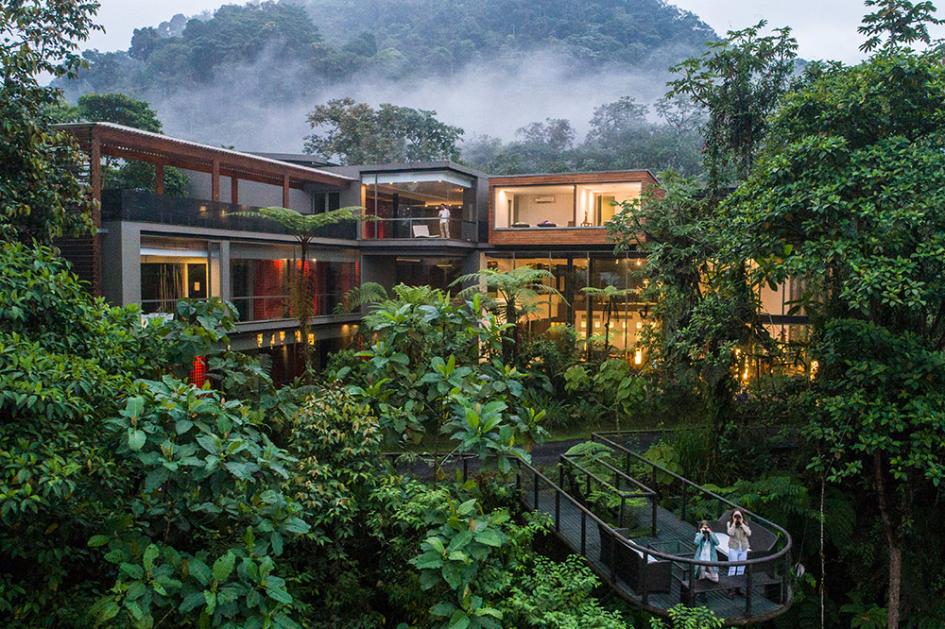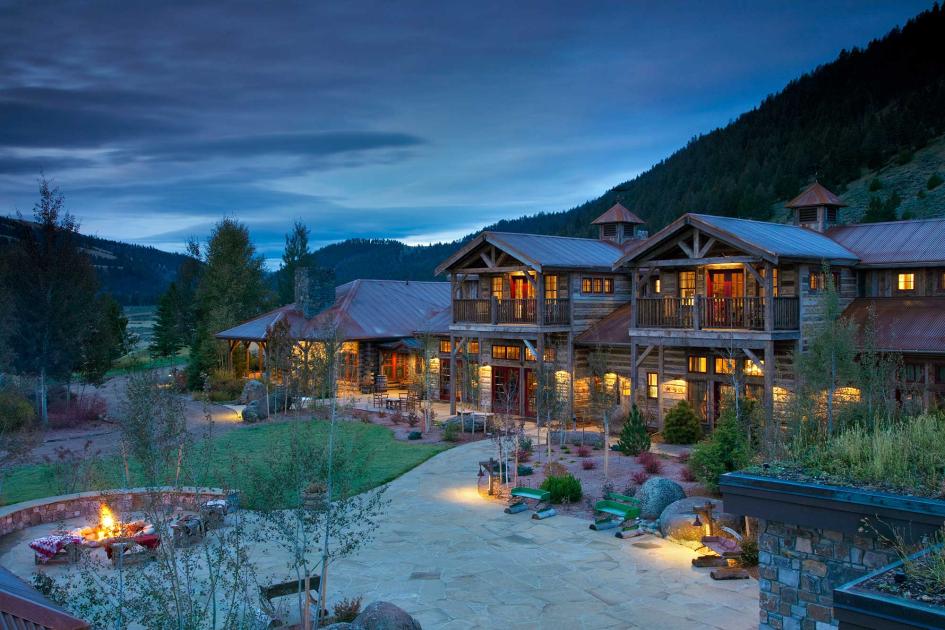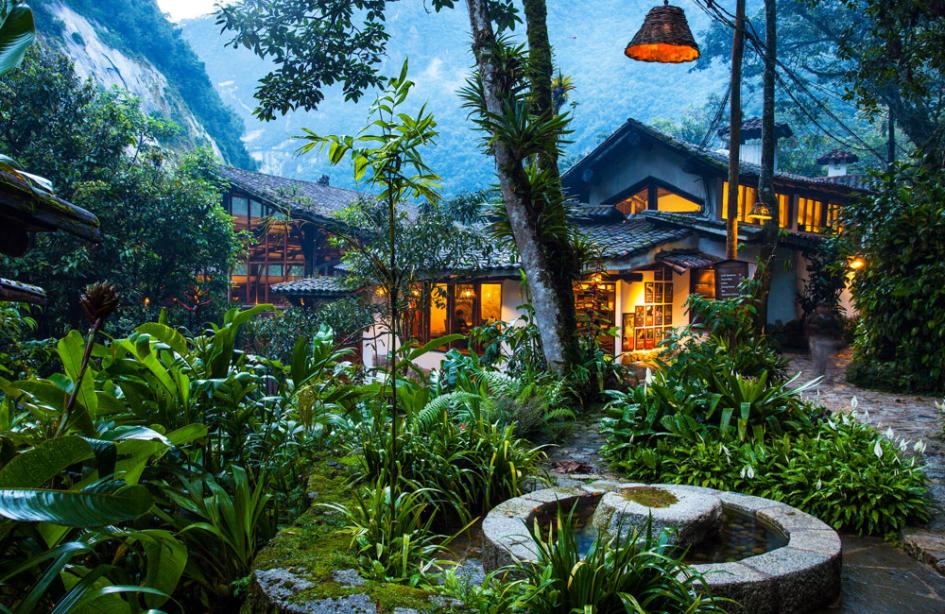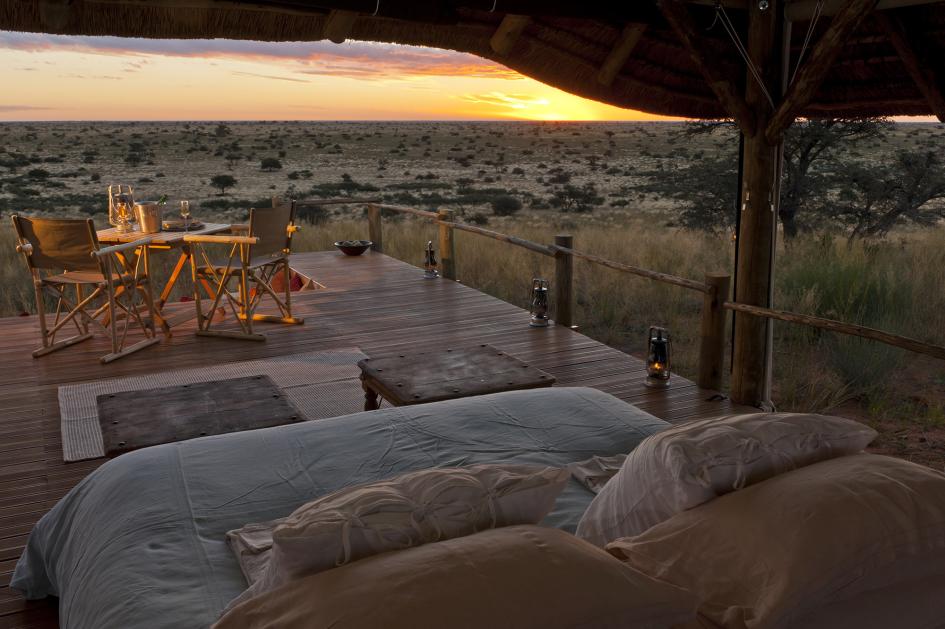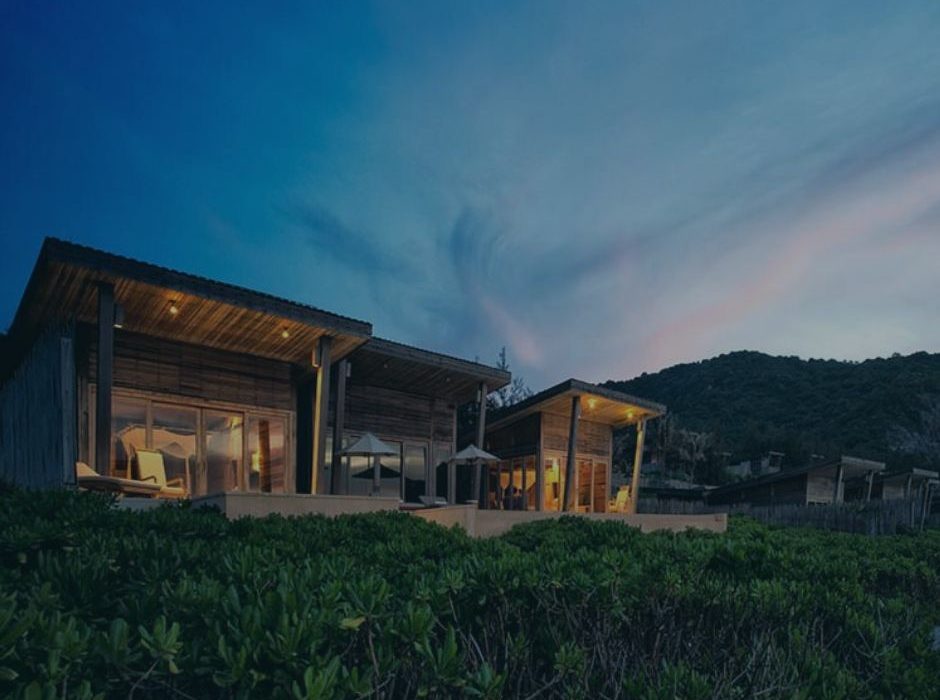
What's In This Article
In the past 5 to 10 years there has been a largely positive shift in the tourism industry towards environmental awareness and sustainability. There is little denying the increase in carbon footprints peoples now easily accessible jet-setting lifestyles have caused. With this peoples reasoning behind where they visit and where individuals now chose to stay has been affected. As increasing tourism began to affect the climate, this motioned the growth of hotels designed and built with a conscience, where eco and even luxury can co-exist towards environmentally beneficial means. These Eco Resorts, Ecolodges, Eco Cabins and Eco retreats are becoming increasingly more sought after by the general public, looking for accommodation in their host countries whilst on vacation.
If you’re looking to travel to visit these Eco Resorts please make sure to offset the carbon released from your flight. Per person, the average person emits 1.5 tonnes of CO2 per return on a transatlantic flight. You can do this directly by clicking here.
What Makes An Eco Resort?
The variations of Eco Resorts, Ecolodges, Eco Cabins and Eco retreats are effectively environmentally sustainable accommodations. What this means is that these Eco retreats have made significant improvements to its structure in order to minimise its impact on the natural environment. These improvements can vary in their nature from non-toxic housekeeping practices, the use of renewable energy, organic soaps, energy-efficient light fixtures, and recycling programs. A simplistic definition of an Eco hotel would be environmentally responsible accommodation following green living practices. In most cases these hotels will have independent third-party certifications in the areas they are located in, these are beneficial for the hotel in order to be environmentally compliant.
A particular beneficial certification for an Eco hotel to have is the LEED certification. An Eco hotel that has been LEED (Leadership in Energy and Environmental Design) certified means that that particular eco hotel provides benefits to the environment through energy efficient practices. Practices such as serving local organic food in restaurants, reusing linens for guest multiple nights stays, and incorporating in-room recycling and composting programs make eco hotels prime candidates for LEED certification. The majority of Eco hotels are Ecolodges or Eco Cabins, due to their locations often being in jungles and inspired by traditional building methods utilised by the skilled locals that craft the hotels for example in Costa Rica.
Is This A Legitimate Eco Resort?
Alongside the above mentioned LEED certification, which is one of the most popular green building certification programs used worldwide developed by the non-profit U.S. Green Building Council (USGBC). There is the alternative EU Ecolabel or EU Flower certifications you can look out for when searching for your
Hidden Luxury Eco Resorts
Argentina
Casa de Uco
Belize

Located between the lush green rainforest and vibrant teal reefs of the southern Belize town of Placencia you can find the soficticated yet charming of Itz’ana eco resort. Spoilt by the culture, heritage and pristine natural environments in Belize, Itz’ana are committed to a new brand of luxury. They not only want to inspire but to take action as well with a mission to sustain the beauty of their natural surroundings whilst giving back to the community, its people, as well as the environment.
Itz’ana eco resort focus on three pillars of sustainability, Nature Conservation through carbon neutral villas. Health & Wellness with a commitment to providing guests with a organic and healthy lifestyle through their farm to plate initiative. Lastly Arts & Heritage by bringing Maya relics back to Belize and showcasing them for locals and visitors at the resort.
Botswana

Connect once again to the sights and sounds of wildlife at the unique Khwai Private Reserve. Perching you three stories above wild animals, launched in 2016, Khwai Private Reserve Sky Beds are platforms located in the middle of a wildlife preserve. Overlooking a watering hole you get to experience rare-once-in-a-lifetime encounters with the frequent visitors ranging from elephants, wildebeests, lions, and more. Although it sounds rather rural compared to most other ecolodges each “pod” features a fully functioning bathroom and living space topped by a cushy double bed with panoramic views of the stars. Not far from its sister safari camp (Sable Alley), the site is owned and operated by the Natural Selection collection. This group not only carries out green practices as solar power, water treatment programs, and sustainable bath amenities. They are well known for their wildlife conservation programs throughout Africa pledging 1.5% of their total revenue (turnover) to conservation.
British Virgin Islands
Recently relaunching after the hurricanes of 2017, Oil Nut Bay on Virgin Gorda’s north shore had been desired as “In Harmony With Nature”. Oil Nut Bay has displayed activism in the past years by working with the BVI government to legalise solar power. Oil Nut Bay now utilises solar power to run everything on the eco retreat from air-conditioning, water heaters, “turtle friendly” public lighting, and desalination plants. To access this car-free community you can only arrive by helicopter or boat. In recent news Oil
Costa Rica
Where mangrove and man meet. El Mangroove is located only 20 minutes away from Liberia International Airport. This LEED certified 17-acre eco retreat sandwiched between virgin mangrove forests and the sands of Gulf of Papagayo beach opened in 2014 and relaunched as an Autograph Collection resort in 2016. Destress in this rare all-inclusive resort with 85 eco cabins boasting in room hammocks, sugarcane lined showers and private gardens. Alongside implementing sustainable operations El Mangroove carries out community initiatives from beach cleanups, English lessons for local children to organic waste donations to pig projects in Playa Panama.
India
Located on the stunning Adaman islands, Taj Exotica Resort and Spa, Andamans is a luxurious gateway to a globally significant biodiversity hotspot. Occupying 46 acres on the famed Radhanagar Beach at Havelock Island in the Bay of Bengal, Taj Exotica Eco Resort is fringed by mangroves and a river overlooking the beach. Without cutting down a single tree Taj Exotica Eco Resort boasts 50 modern luxury eco cabins on stilts under a canopy of Coconut and Palmyra trees. Designed to have a very light carbon footprint on the island’s fragile ecosystem, the resort has its own bottling plant facility to reduce plastic bottle usage. With an on property naturalist, the eco resort carries out sustainable waste management and preservation of marine and bird life around the property.
Fiji
Set on a secluded bay with 2,100-feet of private, golden beach, Six Senses Fiji bring
Panama
Having only opened in June 2018, it’s already a dream escape at The Eco Resort at Isla Palenque in Panama. Located on a 400-acre island rich in pristine nature, with eight beach
Most Instagrammable Eco Resorts
Argentina
Cacheuta Thermal Hotel & Resort in Mendoza
Originally built in 1910 as a luxury hotel and casino before being destroyed by a glacier wave flood, Cacheuta Thermal Hotel & Resort was restored in 1967 as an
Brazil
Located on the northern coast of Bahia, Tivoli Eco Resort is work of Jacobsen Arquitetura. Buried in local vegetation along the coast of the Atlantic shore, Tivoli Eco Resort offers its guests offers 293
California
Bardessono Eco Resort and Spa in Napa Valley
A LEED-platinum certified retreat in Napa Valley. Bardessono Eco Resort and Spa in Napa Valley is surrounded by beautiful gardens and powered by photovoltaic solar power. Bardessono Eco Resort and Spa truly believe A hotel can provide a fully luxurious guest experience and be green at the same time. Their environmental initiatives are implemented in a manner that is practical, economic and aesthetic.
Chile
Montaña Mágica Lodge in Huilo Huilo Biological Reserve
Located in Chilean Patagonia, hidden by mountain of greenery and accessed by rope bridge you can find the peculiar Montaña Mágica Lodge. This small 13 room mountain shaped eco hotel finished with locally sourced materials bodes a bar, a restaurant, and a sauna. There is also a private 231 square mile (600 square kilometer) park for preserving the flora and fauna of the region.
China
Ares Partners Yun House Eco Resort
Hidden away in a remote Chinese village in the northeastern part of Yangshuo. The Yun House Eco Resort, formed from nine converted farmhouses lying is truly a sight for sore eyes. Along with a sensitive approach to the environment in the contrition of this eco resort, the architects also preserved the original architecture of the buildings. Using bamboo, timber, and concrete the
Innhouse Eco Resort in Kunming
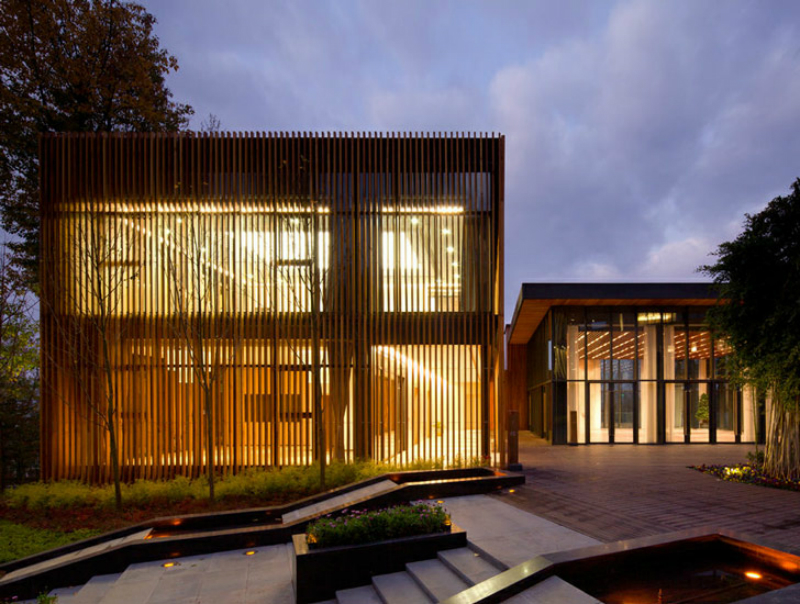
Designed with forest environment in mind. The biodynamic spaced luxury boutique eco hotel blends perfectly into the environment from street to suite. These 5 star eco cabins are perfect for families to small groups looking to retreat to nature. Flooded with natural light from all angles, each suite features a cantilevered balcony and floor to ceiling windows. The team at Innhouse Eco Resort aim to enrich the essence of hospitality through an authentic experience steeped in the local tradition and environment, both emotionally and aesthetically.
Costa Rica
One of the ecolodges I was lucky enough to experience for myself. Located on the pristine Osa Peninsula in Costa Rica you can find one of National Geographic’s most unique lodges of the world Lapa Rios. This rainforest
A slightly different rainforest eco lodge, the Pacifica Surf Studios combine sustainability, nature and sports. Built utilising local wood both on the outside and inside the resort, Pacifica Surf Studios boasts its own surfing school onsite along with a bar and a pizza shop. With each eco cabin including its own private terrace guests can soak up the sights of the lush vegetation all around.
Fiji
Sitting on the second largest Fiji island, Fiji Islands Eco Resort was created by Jean-Michel Cousteau with traditional Fijian architecture in mind surrounded by an organic garden. Just outside a town of Savusavu the Fiji Islands Eco Resort is cultivating clams and regrowing mangroves cut down by previous owners to restore the site’s ecosystem. Their eco cabins built in a Traditional Fijian bungalow fashion, allows for natural cooling and protects from rains. The Fiji Islands Eco Resort include eco-friendly features such as solar water heaters, waste water filtration, composting, and organized waste management.
Indonesia
Alila Villas Uluwatu in Uluwatu, Bali
A resort that should also fall in the to the hidden luxury eco resort category. Alila Villas Uluwatu designed by WOHA includes 64 eco cabins offering one or three bedrooms each with its own private pool. Alila Villas Uluwatu holds the Best Practice Building Planning and Design (BPDS) certification from EarthCheck, utilising everything from local materials to water management systems to protect the environment. Their commitment to sustainability and the environment has not stopped Alila Villas Uluwatu from going all out with luxury, including services such as butlers and private cars.
Misool Eco Resort in Raja Ampat
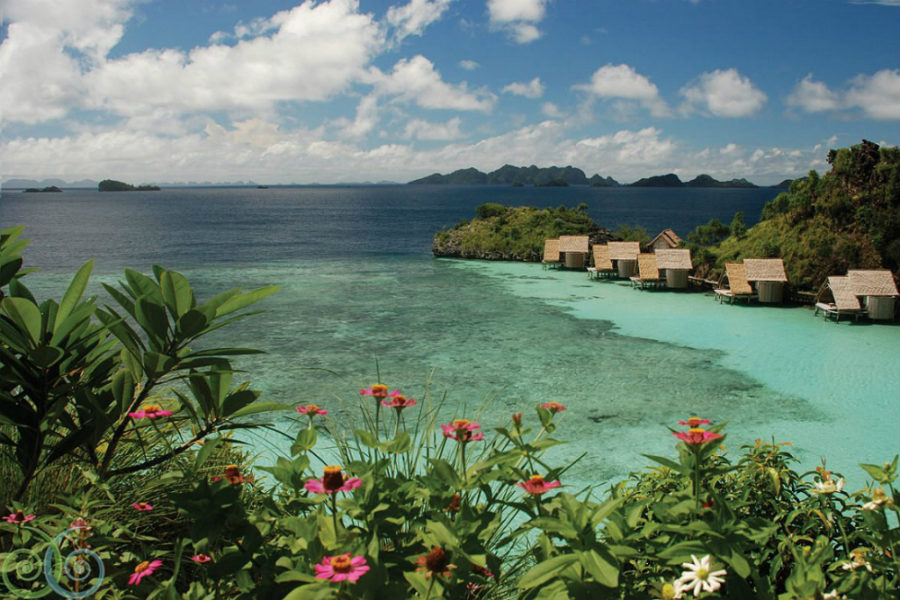
Located in the West Papua province of Indonesia you can find the exclusive eco dive resort of Misool Eco Resort. This eco dive resort and conservation centre, promotes sustainable tourism and supports local communities. They want you to enjoy nature without taking away anything from it. Only allowing 40 guests you can feel a sense of escapism, with their water bungalows surrounded by reefs showcasing the unprecedented views of the marine life still present in this paradise.
Kenya
Originally coined to serve as an low-density tourist destination in Kenya’s private Motorogi Conservancy. Mahali Mzuri safari camp is another one of Richard Branson’s luxury retreats, featuring low-impact eco-friendly tents with an infinity pool and a spa. 12 spacious tented ecolodges make up for their lack of amenities with gorgeous views of the local landscapes, front row seats to wild animals including the migration alongside guided tours to the closest villages.
Maldives
Although visually is appears to be just another one of those Maldives resorts. Finolhu Villas is so much more than that, with that being Finolhu Villas is the first entirely solar-powered resort in the world. This 5-star hotel won not only the 2015 International Hotel and Property Award for the Best Beach Hotel but also a 2015 Interior Design Magazine’s Best of Year Award for the Best Resort Hotel. Sitting on 12.6 acres of land and only seeing to 100 guests, Finolhu Villas serves as a beautiful eco getaway in paradise.
Mexico
Villa del Palmar on Islands of Loreto
Another luxury
This traditional villa style ecolodge is found along the Pacific Coast of Mexico. The beachfront Villa Santa Cruz ecolodge is powered solely by a private solar array and grows its own vegetables on site. Finished with locally reclaimed materials the ecolodge is a rustic escape as even by night the site is illuminated with gas lamps. Within the
Probably one of the most unique looking ecolodges to come across is the Eco Hotel Endemico in Baja, Mexico. This collection of 20 eco cabins overlooks the amazing mountainous valley, the Valle de Guadalupe. Designed as a surprising, winter retreat by Gracia Studio the Eco Hotel Endemico includes a sunken pool, a hot tub, and a winery. Each eco cabin made of wood and steel is also complemented with clay fire pits making it perfect for winter camping and seclusion.
Vietnam
Six Senses Resort on Con Dao Island
Another six senses on this article is that of the Six Senses Resort on Con Dao Island in Vietnam. This award-winning project of Reda Amalou and AW² Architecture combines luxury and sustainability. The 35 ecolodges boast natural ventilation and cantilevering roofs that were designed for sun protection and natural cooling. Six Senses Resort on Con Dao Island is surrounded by green hills, with each ecolodge containing its own infinity pool facing the gulf waters.
Most Sustainable Eco Resorts
Eco Resorts, Eco Cabins and Rainforest Eco lodges with a priority focus on sustainability before anything else. The below information has been sourced from National Geographic.
Botswana
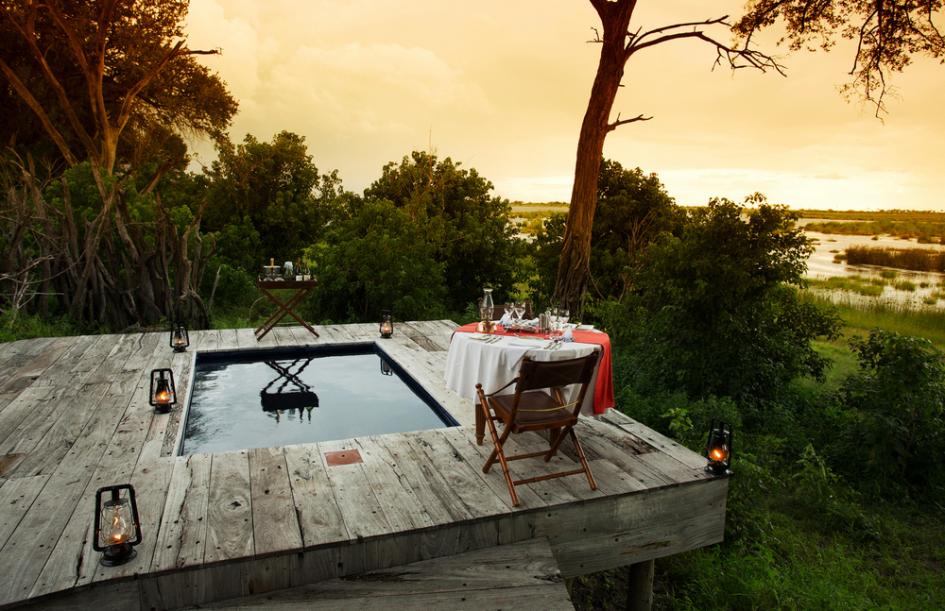
Zarafa was built and operates on sustainable green technology models, and their ecological footprint is almost nonexistent—an impressive feat for a lodge that partners with just one other property to conserve more than 320,000 acres of land.
Zarafa adheres to the area’s “leave no trace” policy, meaning that the entire camp could be removed from the site in a matter of weeks without leaving any indication of its prior existence. Not an ounce of cement was used in construction—architects opted for recycled hardwood and canvas instead. A 170-panel solar farm produces all of the camp’s electricity, while bio-gas plants and special filters recycle waste into cooking gas and irrigation water. Game vehicles primarily run on vegetable oil, and drinking water is treated through a UV-filtration system, eliminating the need for disposable plastic water bottles. The result of these coordinated initiatives is a property that leaves an extremely limited carbon footprint on an already pristine, yet sensitive, environment.
Canada
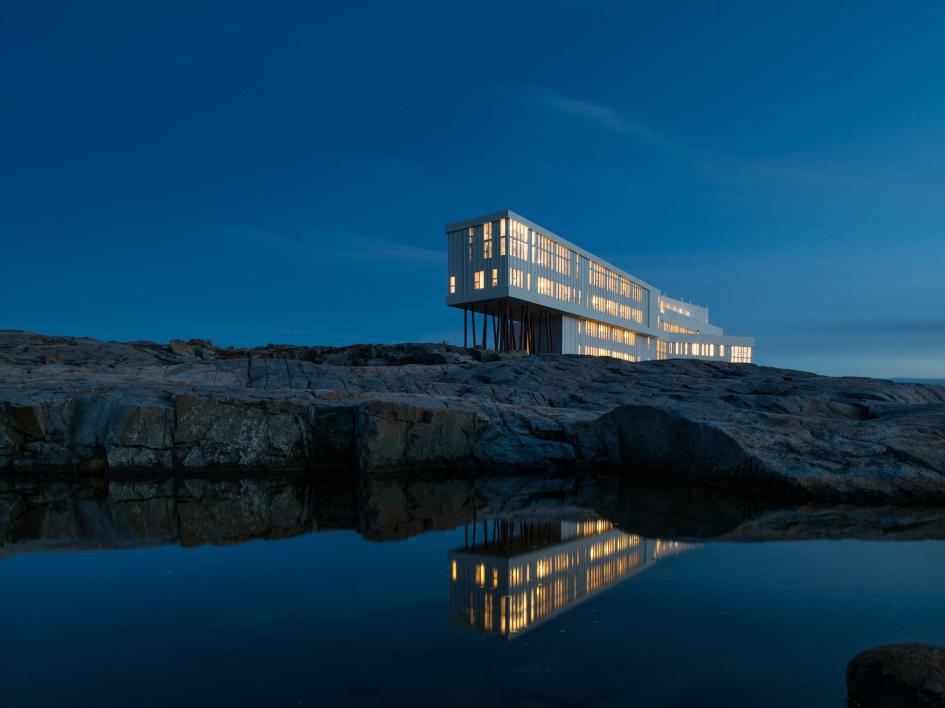
The mission of Fogo Island Inn is to foster economic and social benefits for the communities of Fogo Island and neighbouring Change Islands. The ecolodge itself is an expression of the traditional skills and crafts of the local people, showcased in a new and contemporary way.
The Inn’s unique Community Host program engages an ever-expanding group of local people as experts to introduce guests to island life. Shorefast, the registered charity of Canada that established the ecolodge, has also developed a micro-lending program to support local entrepreneurs in developing new small businesses. Local favourites such as Growlers Ice Cream Shop and the Ketanja boat tours are all beneficiaries of the fund. All surpluses from the Inn are reinvested back into the community
Costa Rica
Lapa Rios (Previously mentioned Rainforest Eco Lodge)
Recognized globally as a model of sustainable tourism, Lapa Rios has helped protect some of Costa Rica’s most valuable biodiversity while bringing new life skills and professional opportunities to the remote communities of the Osa Peninsula. Lapa Rios works with Earth Equilibrium, a local nonprofit, to build school classrooms, dining rooms, and playgrounds; provide needed school supplies; and install water pumps and solar panels to supply clean water and electricity in local communities.
A new conservation easement ensures that the property’s 1,000 acres, including old-growth primary forest, will be preserved in perpetuity. The Lapa Rios reserve helps buffer the Osa Peninsula’s Corcovado National Park—home to 2.5% of the world’s biodiversity—and serves as a wildlife corridor as well as home to thousands of trees, plants, birds, insects, and mammals in Central America’s largest remaining tropical lowland forest.
Ecuador
Mashpi’s creation is a sustainability success story in itself, as the forests that surround it were targeted by timber companies until Mashpi’s owner made an alternative case for ecotourism and saved a swath of old-growth forest from being cut down. The ecolodges resident biologist now leads research and conservation initiatives, studying and tracking the life forms of the forest through innovative camera traps.
Green practices include recycling waste, composting, energy conservation, and wastewater managment through a biological water treatment plant. Mashpi sources organic produce from local farmers and provides a sustainable livelihood for residents of nearby villages who in the past engaged in logging and slash-and-burn agriculture. Currently 65% of the staff—and growing—are local hires.
Montana, USA
This working ranch is also home to moose, deer, elk, eagles, wolves, and bighorn sheep, not to mention the Blue Ribbon trout stream that flows through the property. The Ranch at Rock Creek has repurposed traditional buildings such as old stables into innovative guest accommodations, using reclaimed timber and fittings and keeping the character of old Montana. Many of the products used on property and
The Ranch is actively engaged in preserving cultural heritage in nearby Philipsburg, supporting the historic opera house, the hospital, and a variety of community initiatives. They have even been known to host a prom dinner for the high schoolers in town.
Morocco
Kasbah Du Toubkal
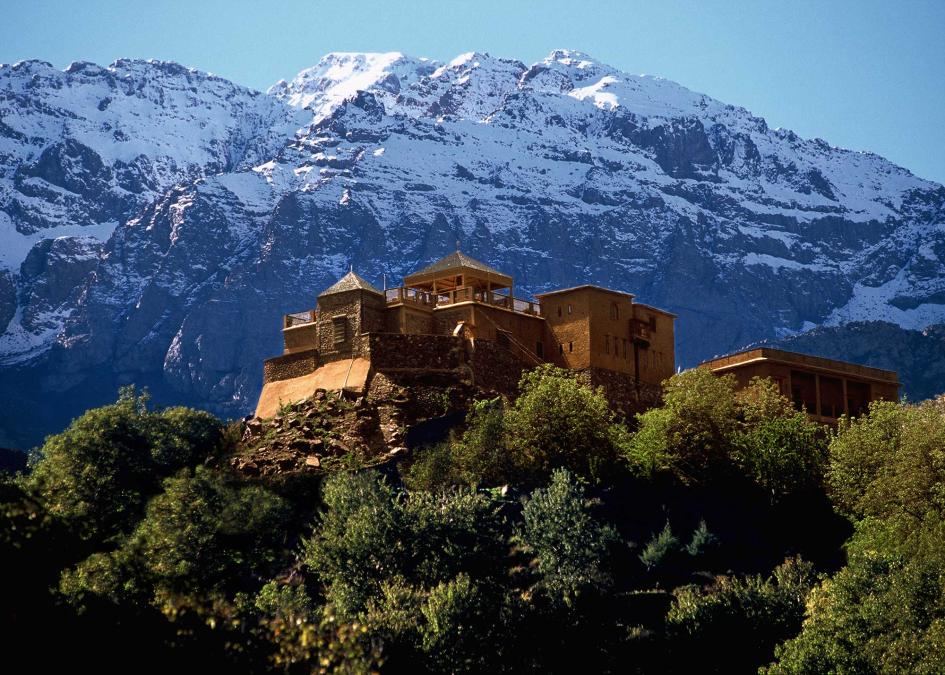
Kasbah Du Toubkal was built in partnership with the local community and remains an integral part of it. Not only does staff and management hail from the surrounding area, but they have also established initiatives to support the nearby villages and promote sustainable tourism practices. Through the Association Bassins d’Imlil, funded in part by proceeds from the lodge, the community now has an ambulance, a hammam, and an established trash collection system. Kasbah Du Toubkal has also helped found and fund Education For All, a nonprofit that gives girls from the rural High Atlas region the opportunity to pursue higher education.
The ecolodge complements its energy source with solar power, filters water from a nearby spring so as to eliminate the use of plastic water bottles, and minimizes food waste by giving leftovers to the community and scraps to the village livestock. The Kasbah has also partnered with Mountain Propre, an environmental nonprofit, to establish trash and recycling collection and organize regular cleanups.
Peru
Inkaterra Machu Picchu Pueblo Hotel
Dreamed up by an environmentalist who has sat on the board of directors of Conservation International, the Inkaterra company has been a pioneer in sustainable tourism since the mid-1970s. The ecolodge works with the Inkaterra Association, a National Geographic-sponsored foundation, to support scientific research and conservation efforts from discovering new species to protecting vast swathes of the Amazon rain forest. Among their conservation initiatives is the Inkaterra Machu Picchu Pueblo Hotel Spectacled Bear Project, which rehabilitates this rare and endangered native Andean species and reintroduces them into their natural habitat.
The ecolodges green practices and design also reflect a strong conservation ethos: no native hardwood trees were felled in building the lodge; recycling is routine; hydropower provides renewable energy
South Africa
Since Tswalu’s
Well, I hope you guys found this article with an in-depth look into what makes the worlds best eco-resorts, ecolodges, eco-cabins and eco-retreats in the world helpful!
Let me know if you end up travelling to any eco hotels listed in this article.
MonkOut.
Pin This Post And Share The Love.




